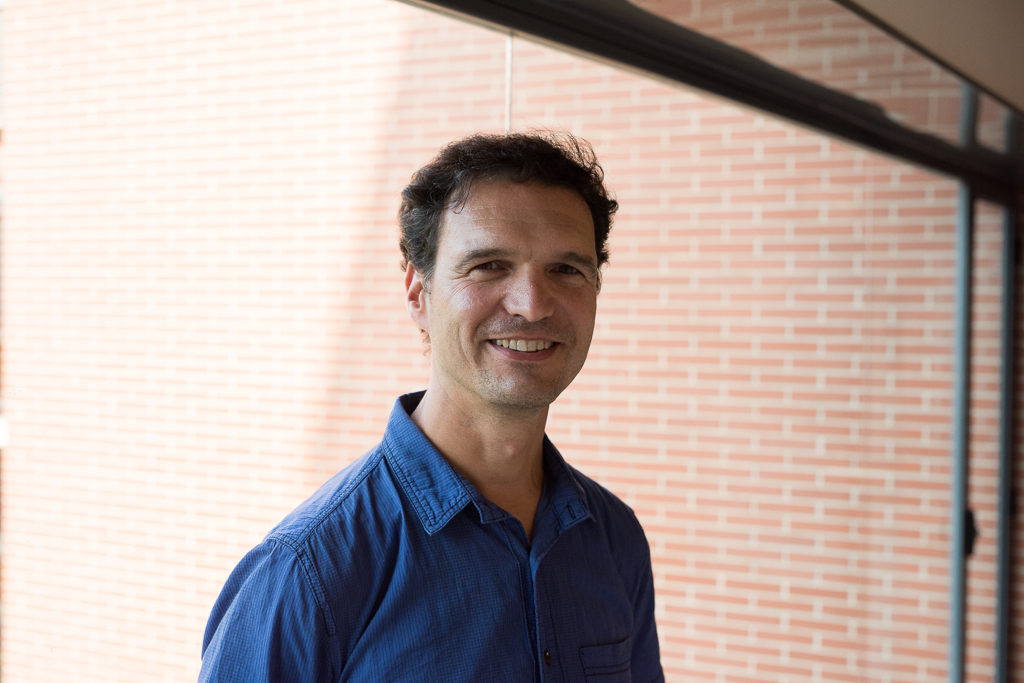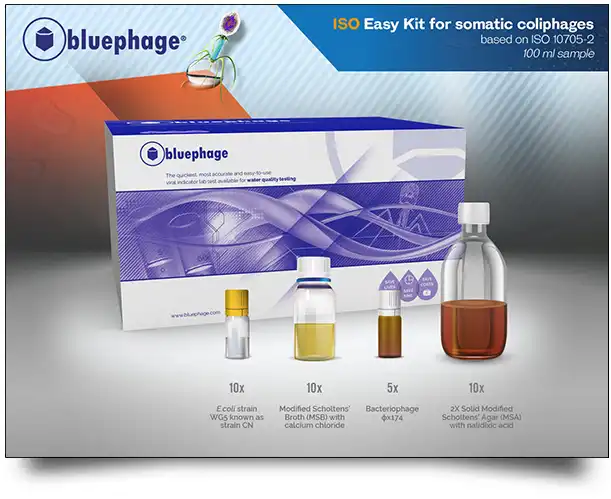BLOG | Bluephage
Bluephage celebrates six years of looking ahead to a demanding future of fast, easy-to-use water quality test kits

Interview with Enric Queralt, CEO of Bluephage.
How has the microbiological water testing market evolved over the past six years, and how has Bluephage responded to it?
The microbiological testing market is undergoing significant change. New regulations are emerging incorporating viral indicators as a control parameter for treatment validation, microbial risk assessment analysis, or routine monitoring. In addition, this market is growing due to the need to provide greater water quality assurance by water supply and sanitation companies, which will be adversely affected by climate change.
Bluephage offers kits to detect viruses in water. Are more and more regulations supporting coliphages as an indicator of water quality?
Drinking water directives are crucial for public health as they control water quality. In fact, in the case of Europe, two new directives have arisen, the New Drinking Water Directive, which will come into force in January 2023, and the directive on the reuse of water for agricultural purposes, which will apply from June 26, 2023, and is crucial to ensure the safety of food products. Both regulations incorporate coliphages, demonstrating an important step in broadening the spectrum of parameters to ensure water quality. Other countries, such as South Africa, Singapore, the United Kingdom and the United States, also have regulations in this area.
The Bluephage proposal aims to streamline laboratory testing processes. How has climate change accelerated the urgency for increased water quality monitoring?
The analysis of viral indicators has always been difficult and complex when strictly following the ISO standard. Therefore, Bluephage has spent all these years studying the improvement of the analytical process to offer laboratory technicians a technique that is as simple, fast, time, and cost-saving as possible. In addition, it has also incorporated result digitization techniques that avoid human errors in the reading of the results. As a result, Bluephage has achieved this goal and can provide companies with this fast, easy and affordable analysis kit.
Global climate change means increased water stress worldwide with an increase in extreme events. This means more intense and persistent droughts, floods, and storms that will strain people’s water supply and sanitation systems. Therefore, we need to be better prepared and have microbiological control systems that are quick and easy to implement.
How do you foresee the industry’s future, and how will Bluephage adapt to the new requirements?
The industry’s future is becoming increasingly demanding regarding water quality compliance. Unfortunately, the risk associated with pathogens in water will never be zero. However, using kits such as the one Bluephage has developed will help better control and contain this risk.


